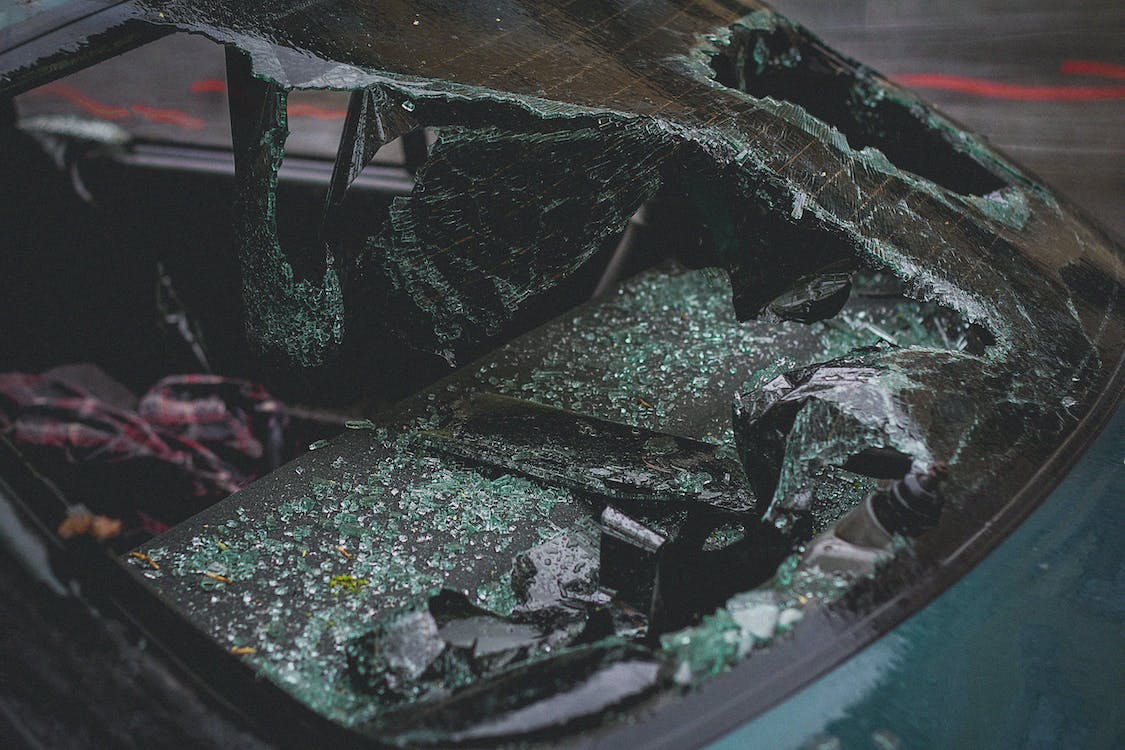Car insurance provides protection for your vehicle in case of an accident or damage caused by theft or other unforeseen events. It is a legal requirement to have car insurance in almost all states of United States of America.
Choosing the right car or auto insurance policy can be a daunting task, but by understanding the types of coverage available, evaluating your needs, checking state requirements, comparing quotes, reviewing policy details, and re-evaluating your policy regularly, you can make an informed decision that meets your specific needs and budget.
First thing. You should have basic understanding of different of types of Coverage available for Car Insurance
Before choosing an insurance policy, it is essential to understand the types of coverage available. These include:
Liability Coverage
This covers damages caused to another person’s vehicle or property in an accident where you are at fault.
Collision Coverage
This covers damages to your vehicle in the event of an accident, regardless of who is at fault.
Comprehensive Coverage
This covers damages to your vehicle that are not related to a collision, such as theft, vandalism, or natural disasters.
Personal Injury Protection (PIP)
This coverage pays for medical expenses, lost wages, and other related expenses if you or your passengers are injured in an accident.
Second Thing. Evaluate Your Needs
You must consider factors such as the value of your car, your driving habits, and your financial situation. If you have a new car, you may want to consider comprehensive and collision coverage to protect your investment. If you have an older car, liability coverage may be sufficient.
Check State Requirements
Each state has its own minimum insurance requirements, so it is important to check what your state requires. For example, some states require personal injury protection or uninsured motorist coverage.
Compare Quotes
It is important to compare quotes from different insurance companies. Consider factors such as coverage options, deductibles, and premiums. Don’t forget to check for discounts that you may be eligible for, such as safe driving discounts or multi-car discounts.
Review Policy Details
Once you have selected an insurance policy, review the policy details carefully. Make sure you understand what is covered and what is not, and don’t be afraid to ask questions if anything is unclear.
Re-evaluate Your Policy Regularly
Your insurance needs may change over time, so it is important to re-evaluate your policy regularly. For example, if you have paid off your car loan, you may no longer need collision coverage.

Third thing. You should be aware of what is excluded in your car insurance.
Auto insurance policies in the United States typically exclude coverage for certain events and situations. Here are some common exclusions that are typically not covered by car insurance companies:
Intentional Acts
Car insurance policies do not cover intentional acts or criminal behavior, such as intentionally causing an accident.
Racing
Car insurance policies may exclude coverage for accidents that occur during racing or other high-speed events.
Wear and Tear
Car insurance policies do not cover normal wear and tear, mechanical breakdowns, or maintenance issues.
Personal Belongings
Car insurance policies typically do not cover personal belongings that are stolen or damaged in your vehicle.
Commercial Use
Personal car insurance policies may exclude coverage for accidents that occur while using your vehicle for commercial purposes.
Uninsured Drivers
If you are hit by an uninsured driver, your insurance may not cover the damages unless you have optional uninsured motorist coverage.
Acts of Nature
Car insurance policies may exclude coverage for damages caused by natural disasters, such as floods, earthquakes, or hurricanes, unless you have optional comprehensive coverage.
It is important to carefully review your car insurance policy to understand what is and is not covered, and if you have any questions or concerns, be sure to speak with your insurance agent or company representative.

Fourth Thing. Buying the Best and Affordable Auto Insurance in United States.
Well, there are no legitimate hacks or shortcuts when buying car insurance. There are some tips that can help you save money on your car insurance premium:
Shop Around
Don’t settle for the first quote you receive. Shop around and compare quotes from different insurance companies to find the best deal.
Bundle Your Policies
Consider bundling your car insurance policy with other insurance policies, such as home insurance, to receive a discount.
Increase Your Deductible
Increasing your deductible can lower your monthly premium, but make sure you have enough money saved up to cover the deductible in case of an accident.
Take Advantage of Discounts
Many insurance companies offer discounts for things like safe driving, multiple cars, and good grades. Make sure to ask your insurance company about any discounts you may be eligible for.
Drive Safely
Maintaining a safe driving record can help lower your insurance premium over time. Avoid speeding tickets, accidents, and other moving violations.
Consider Your Car
The make and model of your car can impact your insurance premium. Before buying a car, consider the insurance costs associated with that particular make and model.
It is important to note that while it may be tempting to lie or provide false information to get a lower premium, this is illegal and could result in the cancellation of your policy and other legal consequences. Always provide truthful and accurate information when applying for car insurance.
Lastly, Now that you have car insurance. Should be aware that insurance can deny claims. Why?
There are cases and situations when car insurance companies deny claims for various reasons. Here are some common reasons why car insurance companies may deny a claim:
Policy Exclusions
If the incident is not covered by your policy or if you did not have the proper coverage at the time of the incident, your claim may be denied. This is obvious.
Failure to Pay Premiums
If you did not pay your premiums on time or if your policy lapsed due to non-payment, your claim may be denied.
Fraudulent Claims
If the insurance company suspects that you filed a fraudulent claim or provided false information, they may deny your claim.
Pre-existing Damage
If the damage was pre-existing or unrelated to the incident, your claim may be denied.
Uninsured Driver
As highlighted before, if the accident was caused by an uninsured driver and you did not have optional uninsured motorist coverage, your claim may be denied.
Intentional Acts
If the incident was caused intentionally, such as in a case of road rage or a staged accident, your claim may be denied.
Misuse of the Vehicle
If the incident occurred while the vehicle was being used for an unauthorized purpose, such as racing or committing a crime, your claim may be denied.
If your claim is denied, you should review your policy carefully and speak with your insurance company to understand why the claim was denied. If you believe that the claim was unfairly denied, you may want to consider filing an appeal or seeking legal advice.
Please remember that driving without insurance can result in penalties, fines, license suspension, and legal consequences, so it is important to have the proper insurance coverage in place before driving a vehicle in the United States.



